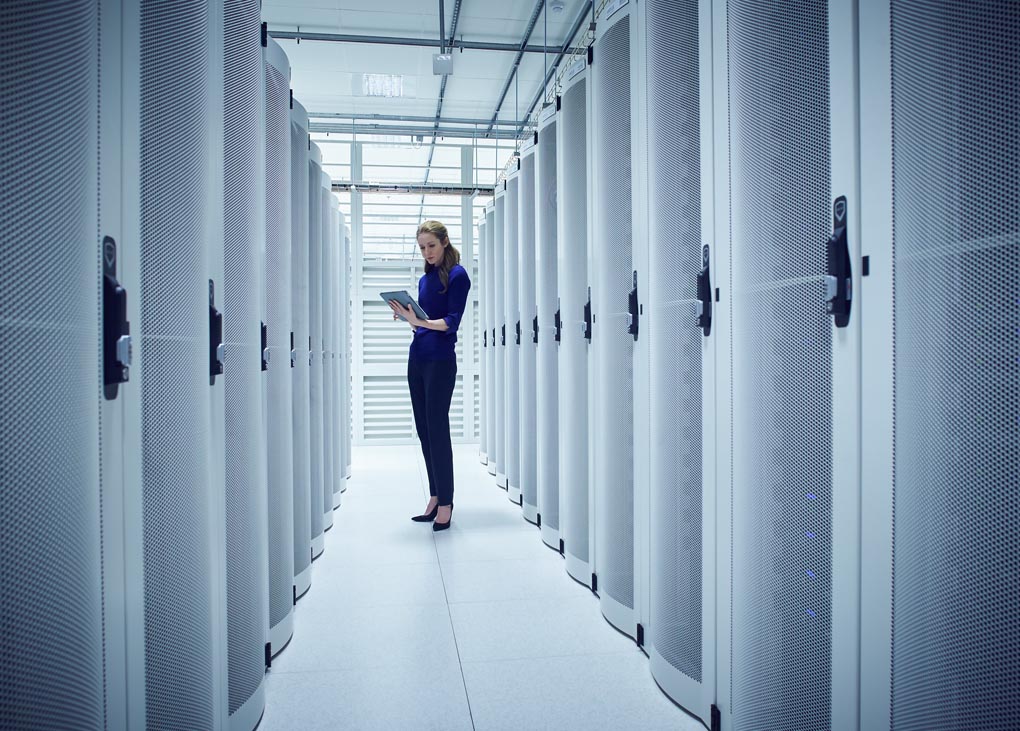Danfoss, Google, Microsoft and Schneider Electric have created a new data centre innovation hub in Fredericia, Denmark. The group – together with the Danish Data Center Industry – is launching the Net Zero Innovation Hub For Data Centers with a view to speed up common solutions for the green transition of data centres.
According to the group, cloud computing plays a vital role in the digital and green transformation of society, enabling people to benefit from digital tools and businesses to work more efficiently and grow. In the past decade alone, the number of internet users has doubled – and global internet traffic has increased 25-fold, according to the International Energy Agency.
As digital adaptation continues to grow, the data centre industry is working to reduce the energy footprint in a number of areas, such as energy efficiency, cooling, the supply chain, and improvements of the grid.
According to Danfoss, Google, Microsoft and Schneider Electric, the Net Zero Innovation Hub will bring together key stakeholders in the European data centre sector – including regulators, researchers, operators, utility providers, NGOs, and grid/network services.
The hub is intended to provide a meeting place where key players can enter into collaborations and develop new innovative solutions that can be quickly implemented. It will also serve as a space to share best practices and guidance from leading researchers. Initially, the focus is on developing solutions that lower or equalise carbon emissions from data centres, and that contribute to the stabilisation of the electricity grid.
According to the consortium the hub will target projects in Scope 1, 2, and 3 emissions.
For cutting direct onsite emissions (Scope 1) the hub will look at projects for diesel generation alternatives, substitute fuels, and heat reuse.
For indirect emissions (Scope 2), the group says the hub will aim to better utilise carbon-free energy sources such as wind and solar for power generation.
And for embodied emissions (Scope 3), the hub will partner with suppliers and academia to research how to decarbonise raw materials such as concrete, steel, and aluminum, allowing for data centres to be built more sustainably in the future.
The Danish Data Center Industry will act as a secretariat for the initiative. CEO Henrik Hansen says the cross-sectoral nature of the hub is critical.
“This initiative reflects the level of commitment and responsibility the data centre industry is willing to take to solve the challenges ahead,” says Hansen.
“The roadmap to zero-carbon data centres requires solutions beyond the industry’s capabilities to solve independently. The open-sourced approach with stakeholders, both within and outside of the industry, will significantly accelerate the industry towards net zero, aligning with EU’s ambitions for data centres by 2030.”
More information is available at the hub website, including a white paper that provides an overview of the initiative, highlighting the overall structure as well as the initial project scopes.
Image courtesy of CommScope on Flickr.
 Louise Belfield
Louise Belfield


Leave a Reply